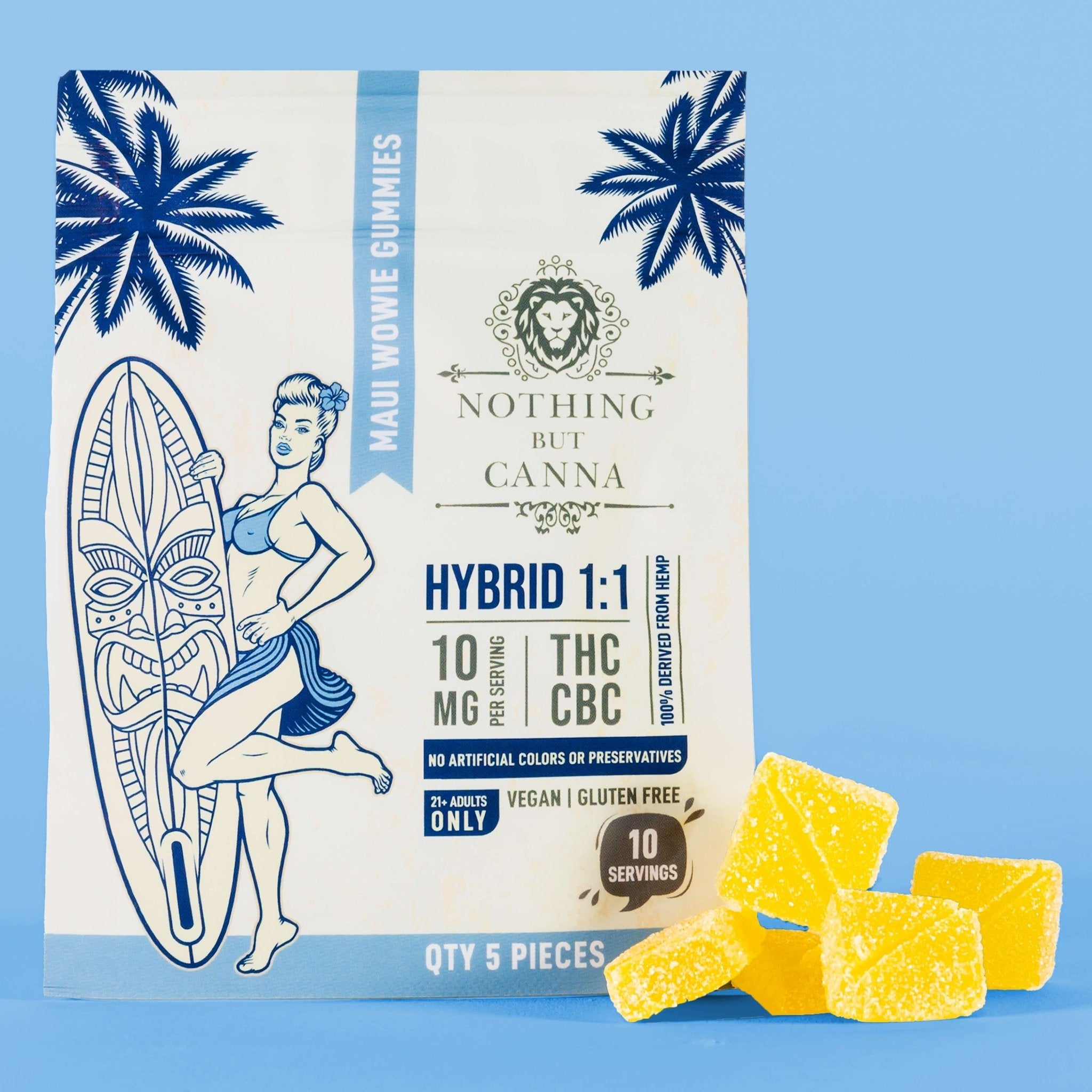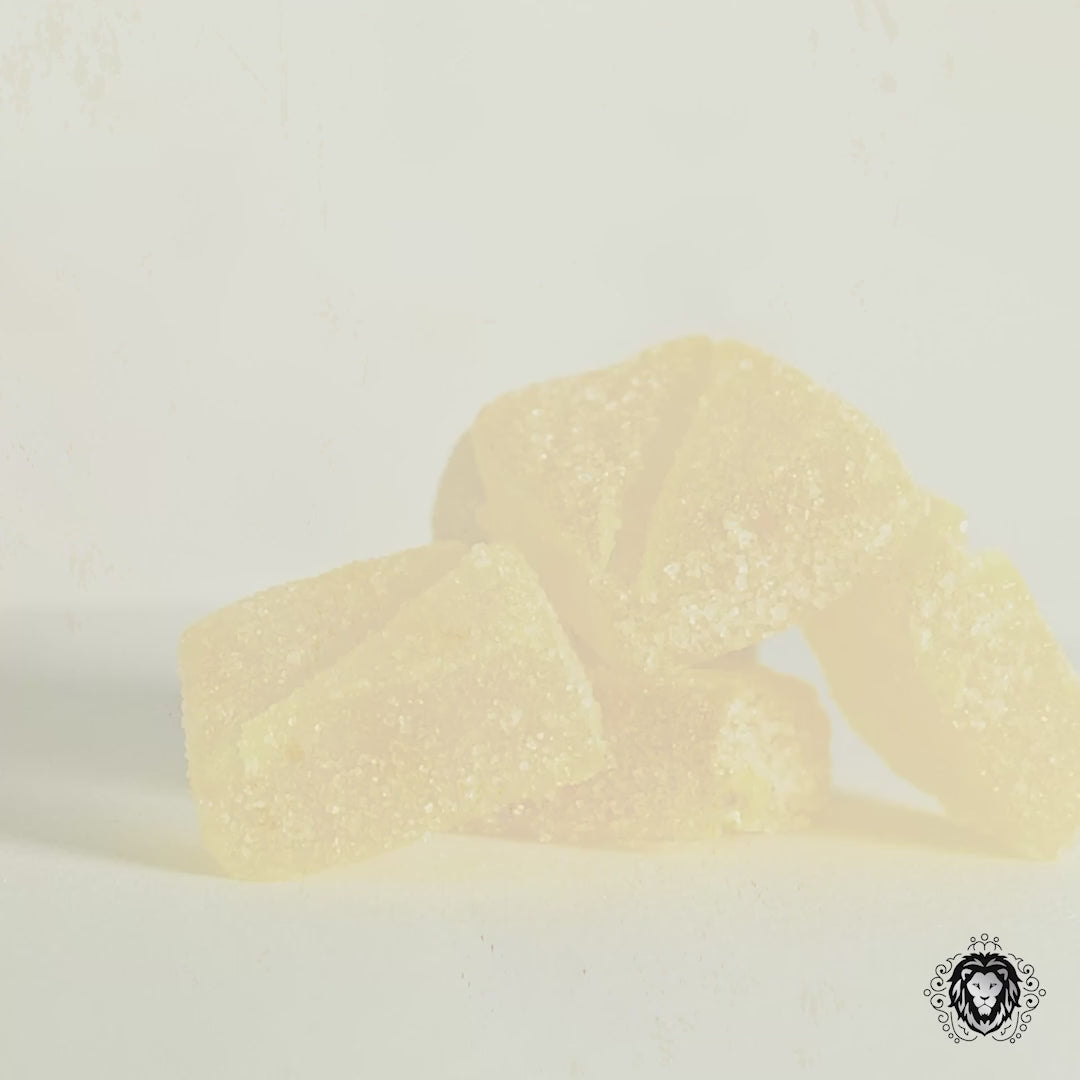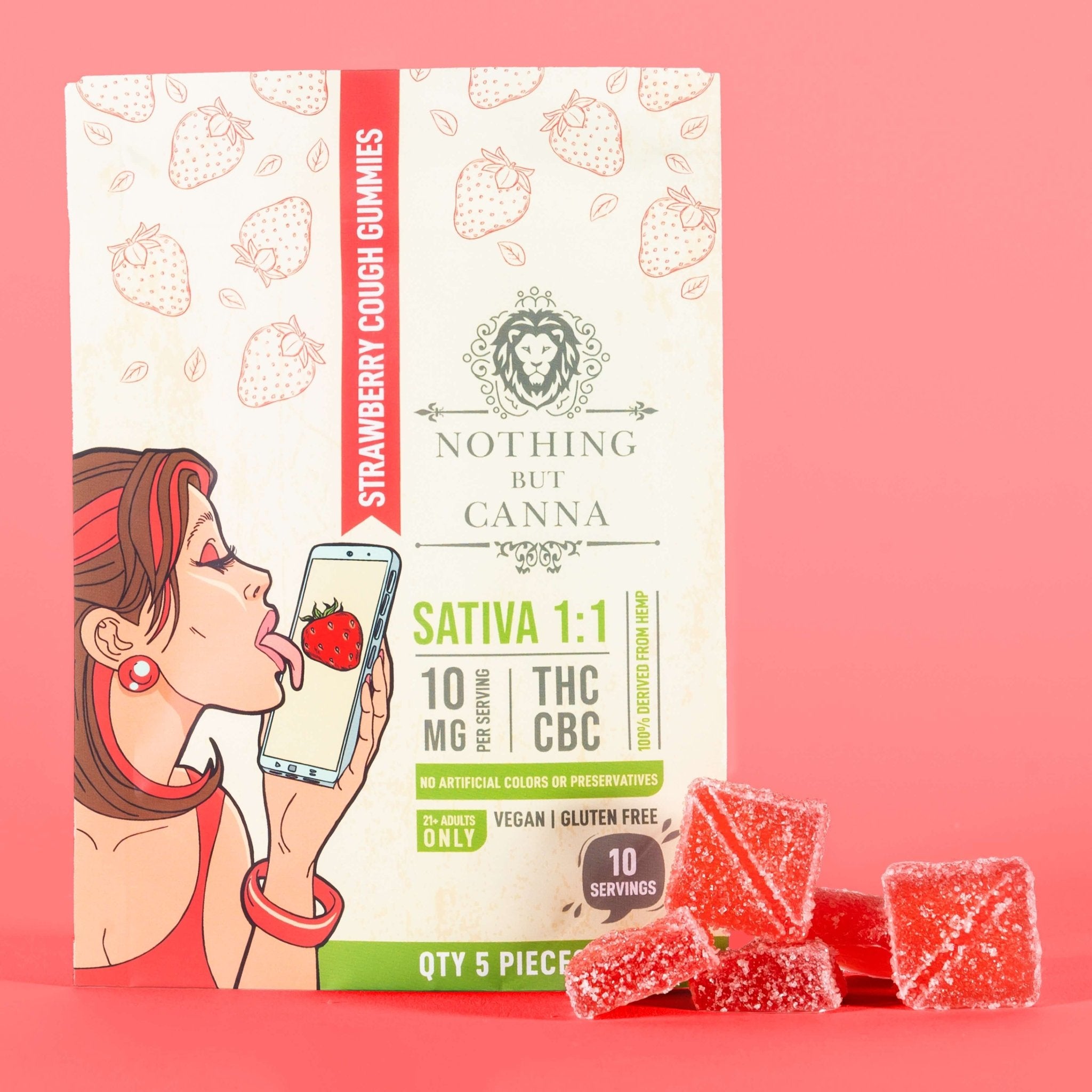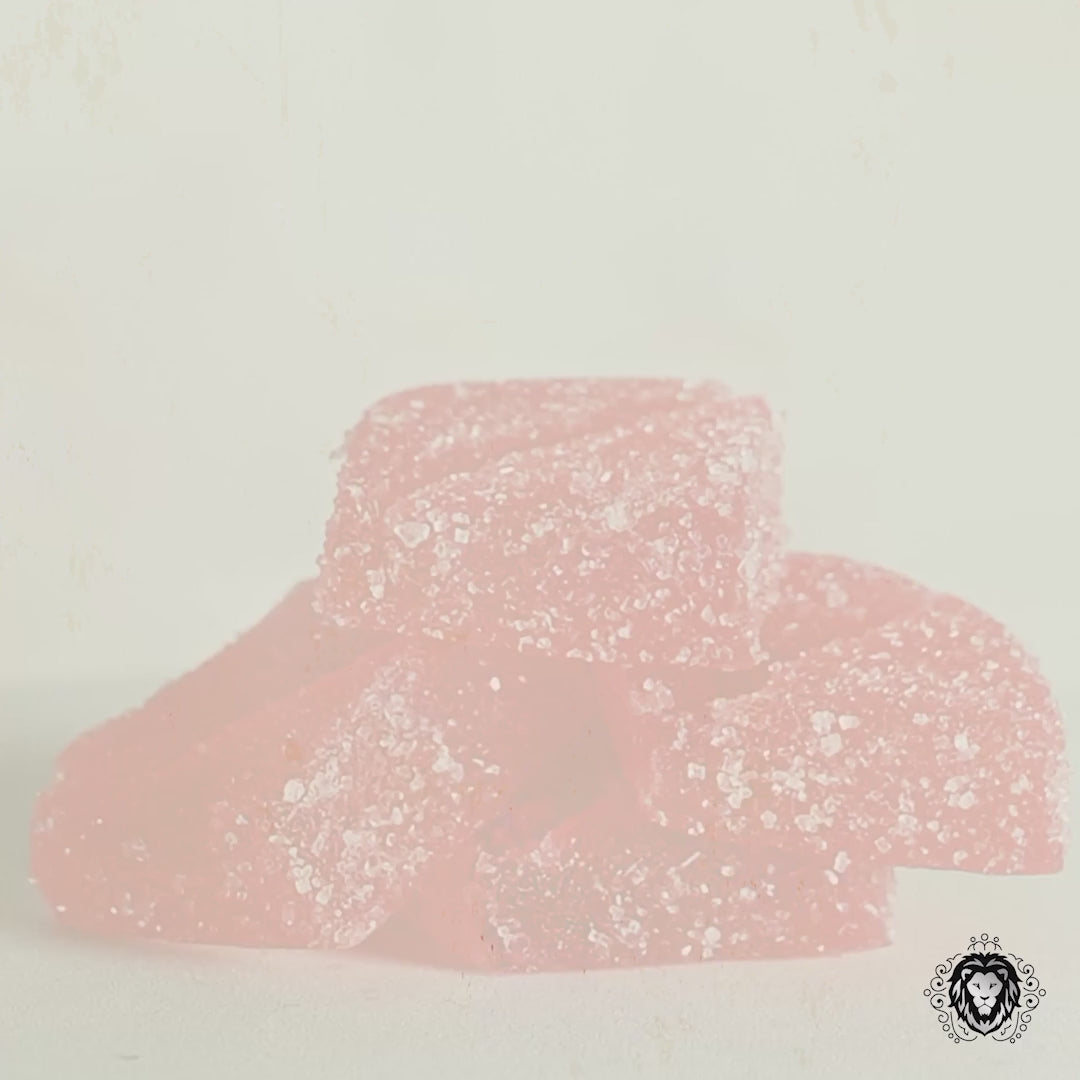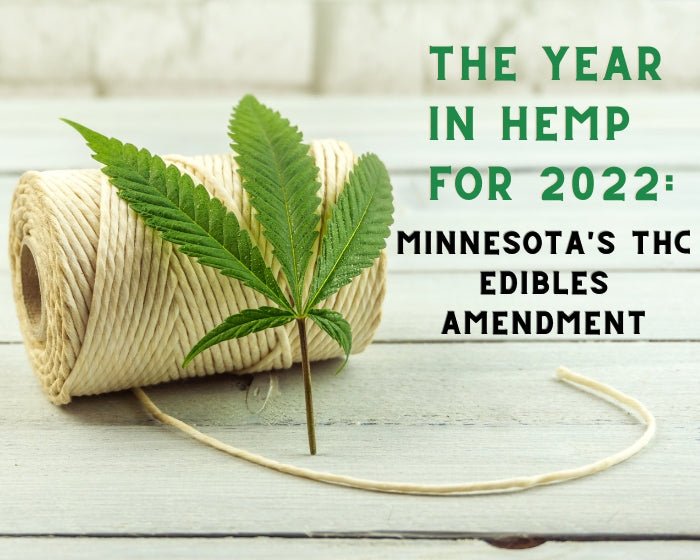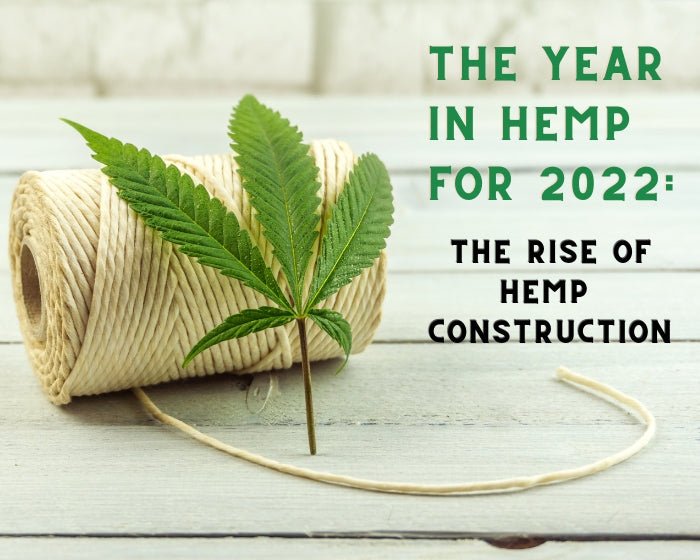Beyond its uses in the hemp-based THC and construction industries, hemp is also forging new paths in biodegradable plastics.

Experts and industry stakeholders know the immense value and versatility of the hemp plant. So when hemp became legal to grow again due to the 2018 Farm Bill, entrepreneurs and innovators enthusiastically began producing hemp-based products like CBD oil and THC-related offerings all over the country. However, hemp is much more than a conduit for producing plant medicines and health and wellness items.
As Nothing But Hemp detailed earlier this year in "Hemp Growers Partner with Troy on Plastic Project," hemp fiber is now being developed as an environmentally friendly and cost-effective alternative for creating biodegradable plastics.
Hemp plastic is a "bioplastic" made from the cellulose of hemp plants. In addition, hemp-based plastics can be created using the byproducts leftover from hemp grown for producing CBD and CBG, including leaves, seed husks, and stems. This additional application for hemp means farmers could gain a new potential revenue stream for their crops.
What makes hemp plastic a true game-changer, however, is its positive impact on helping combat catastrophic climate change. Over 8.3 billion metric tons of plastic have been created in the past six decades. Moreover, the vast majority of that plastic is made from petroleum. Unfortunately, petroleum-based plastics take a very long time to degrade. For example, the oh-too-ubiquitous plastic bag can stick around for nearly 20 years, while other products like diapers and toothbrushes can persist for an astronomical 500 years.
By contrast, hemp plastic decomposes in as little as three to six months. Other advantages include the following:
- Renewable Resource - Unlike petroleum, hemp is a renewable resource. It grows quickly and easily and matures in roughly four months. It can also grow in a wide variety of soils.
- A More Durable Plastic - Hemp plastic is more robust, durable, and lighter than petroleum-based plastic.
- Non-Toxic - Hemp plastic contains no dangerous toxins, unlike petroleum-based plastic.
- Easily Recyclable - Despite high-profile recycling campaigns for petroleum-based plastic, recycling is challenging. Conversely, hemp plastic is easy to recycle.
- Carbon Trapping - Similar to "hempcrete" in construction, the process of creating hemp plastic locks carbon into the plastic, helping to sequester excess carbon from being released into the atmosphere.
These positive attributes are precisely why the National Hemp Growers Collective partnered with the Center for Materials and Manufacturing Sciences at Troy University earlier this year to develop a process for using hemp fiber to create biodegradable plastics. Dr. Jack Hawkins Jr. of Troy University will spearhead the effort and knows precisely how vital this effort could be both economically and for the environment.
He explains, "When you think about the advantage of hemp-based bioplastic, it makes for a better environment. It's biodegradable, it's a renewable resource, and it's tough. This is a significant step in an initiative that will grow this University in an exciting new way.
We look forward to what the National Hemp Growers Cooperative can mean to this partnership."
"When you think about the advantage of hemp-based bioplastic, it makes for a better environment. It's biodegradable, it's a renewable resource, and it's tough. This is a significant step in an initiative that will grow this University in an exciting new way. We look forward to what the National Hemp Growers Cooperative can mean to this partnership."
- Dr. Jack Hawkins Jr. of Troy University
It has only been a little over four years since the Farm Bill of 2018 released the hemp plant from its century-long exile as an illegal agricultural product. Since then, growers, scientists, innovators and entrepreneurs have only just begun unlocking hemp's full potential as a "super crop." From construction to health and wellness and now the multi-billion dollar world of plastics, many industry watchers view hemp as a potential savior for the global economy and the planet itself.
The most exciting aspect is that there is so much more to come. Scientists are utilizing hemp to develop an alternative to steel. Likewise, hemp is a food additive for animals and humans (hemp seeds, oils, fibers, and extracts) that can provide essential healthy fats, proteins and magnesium. The only limit to how far hemp can go is in the imaginations of those eager and determined enough to push it to even greater heights. At Nothing But Hemp, we look forward to seeing just how "high" hemp will go in 2023 and beyond.

































